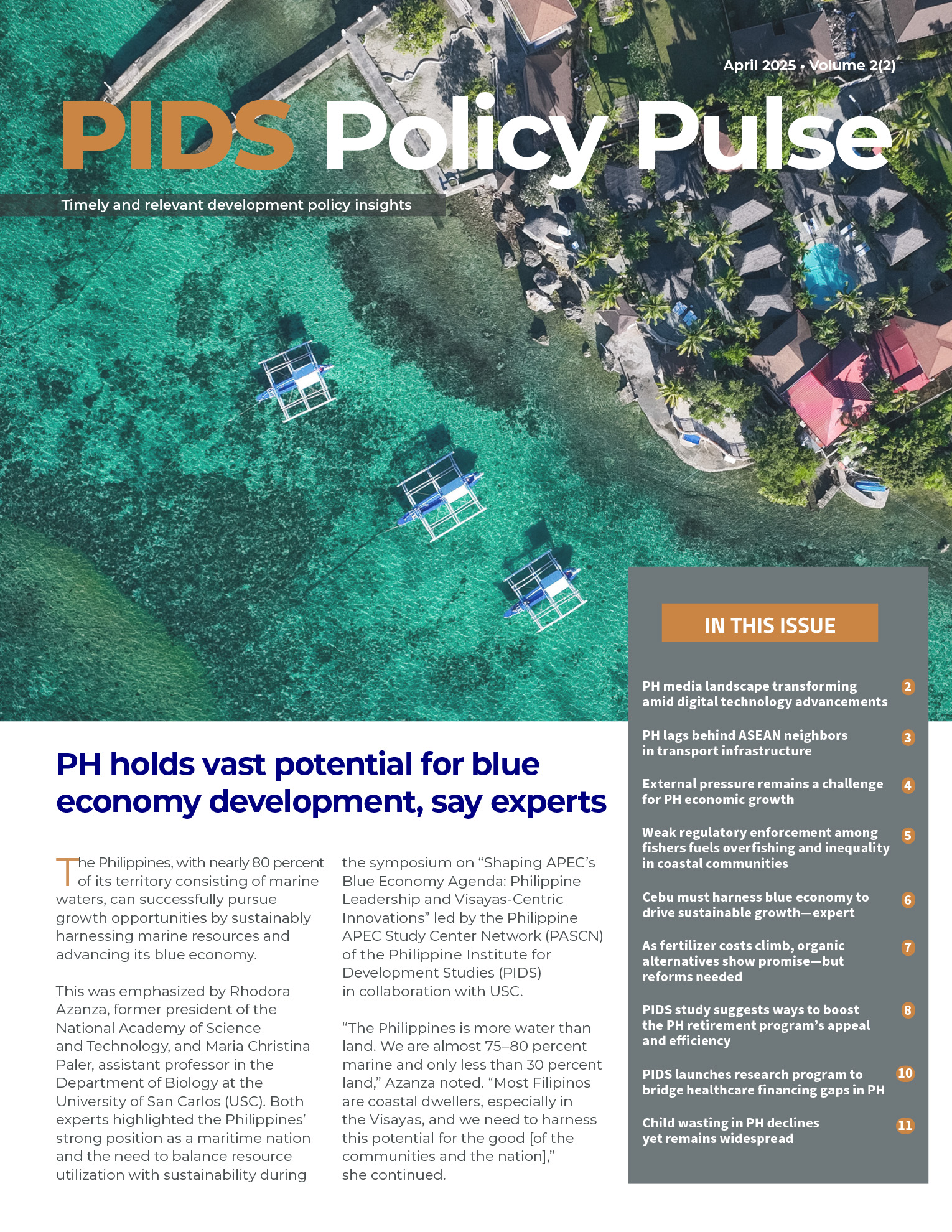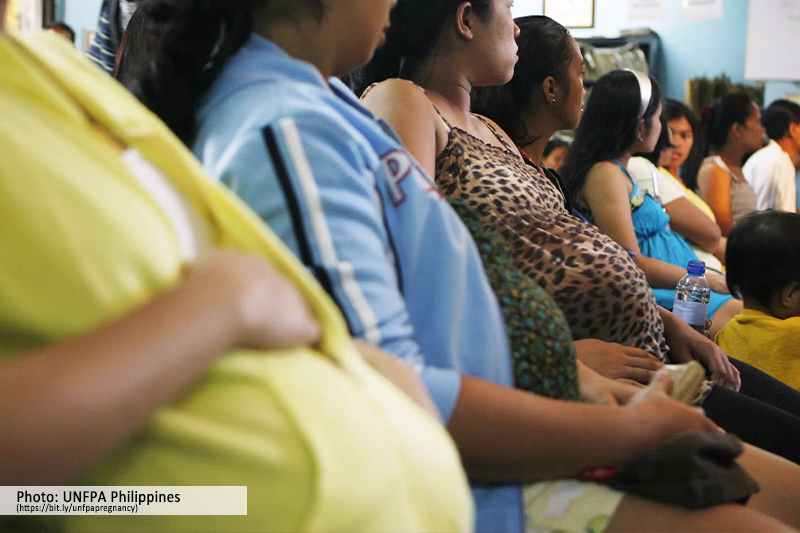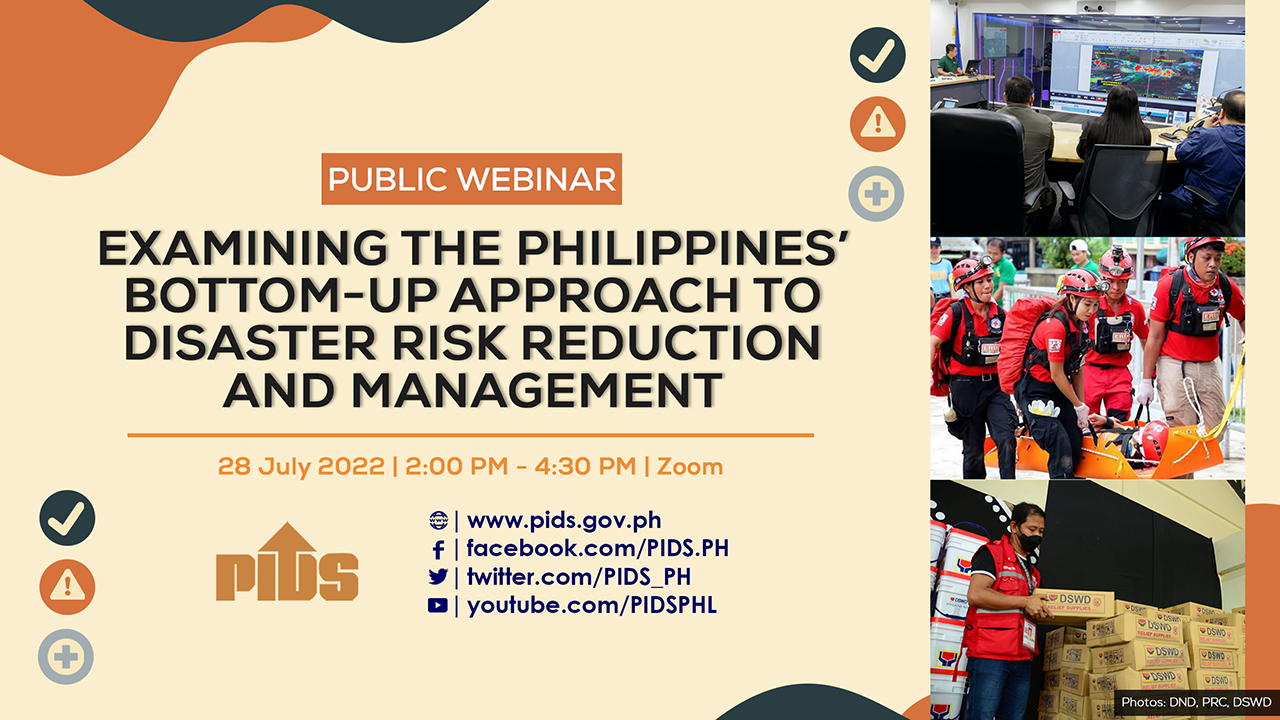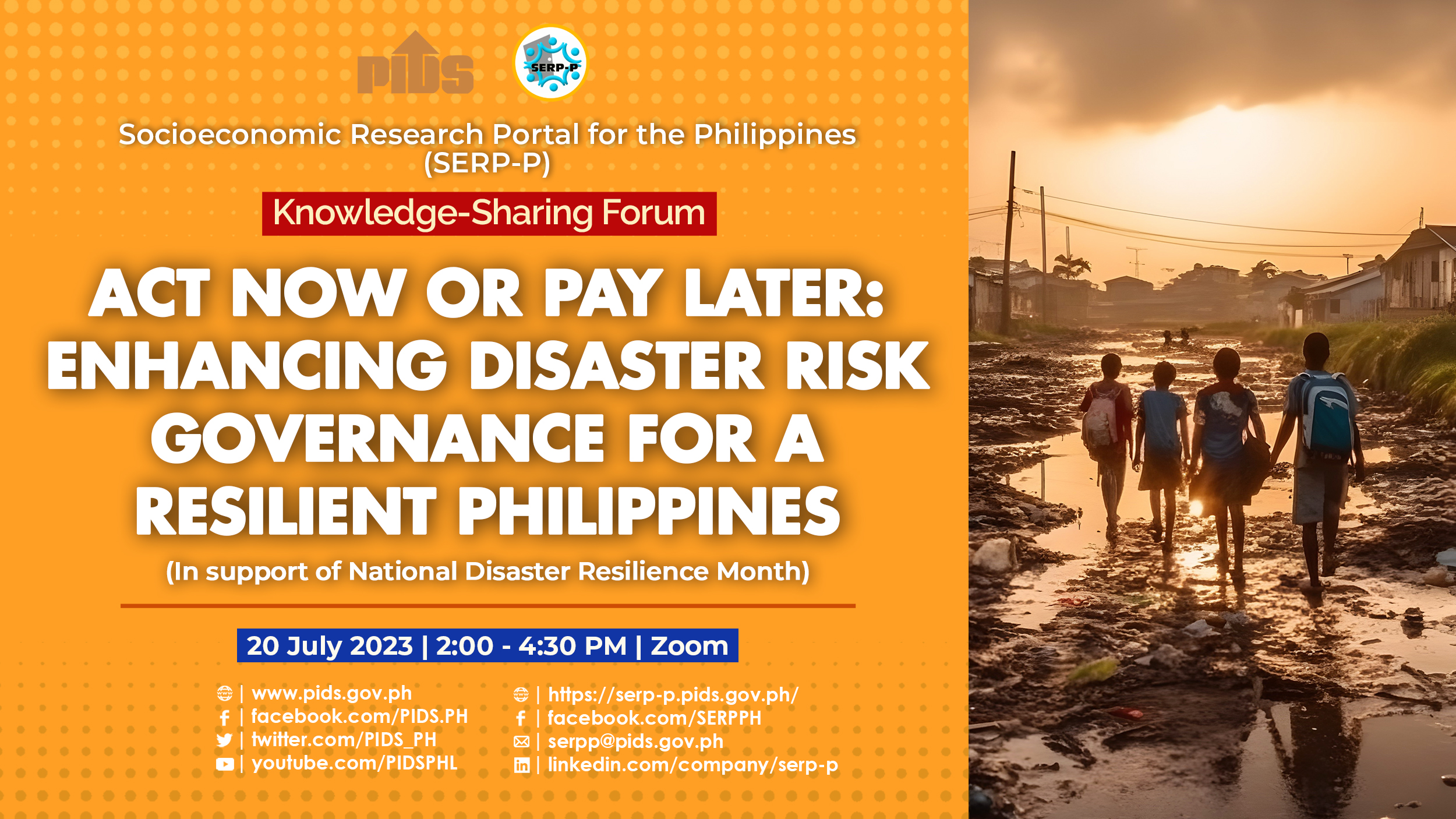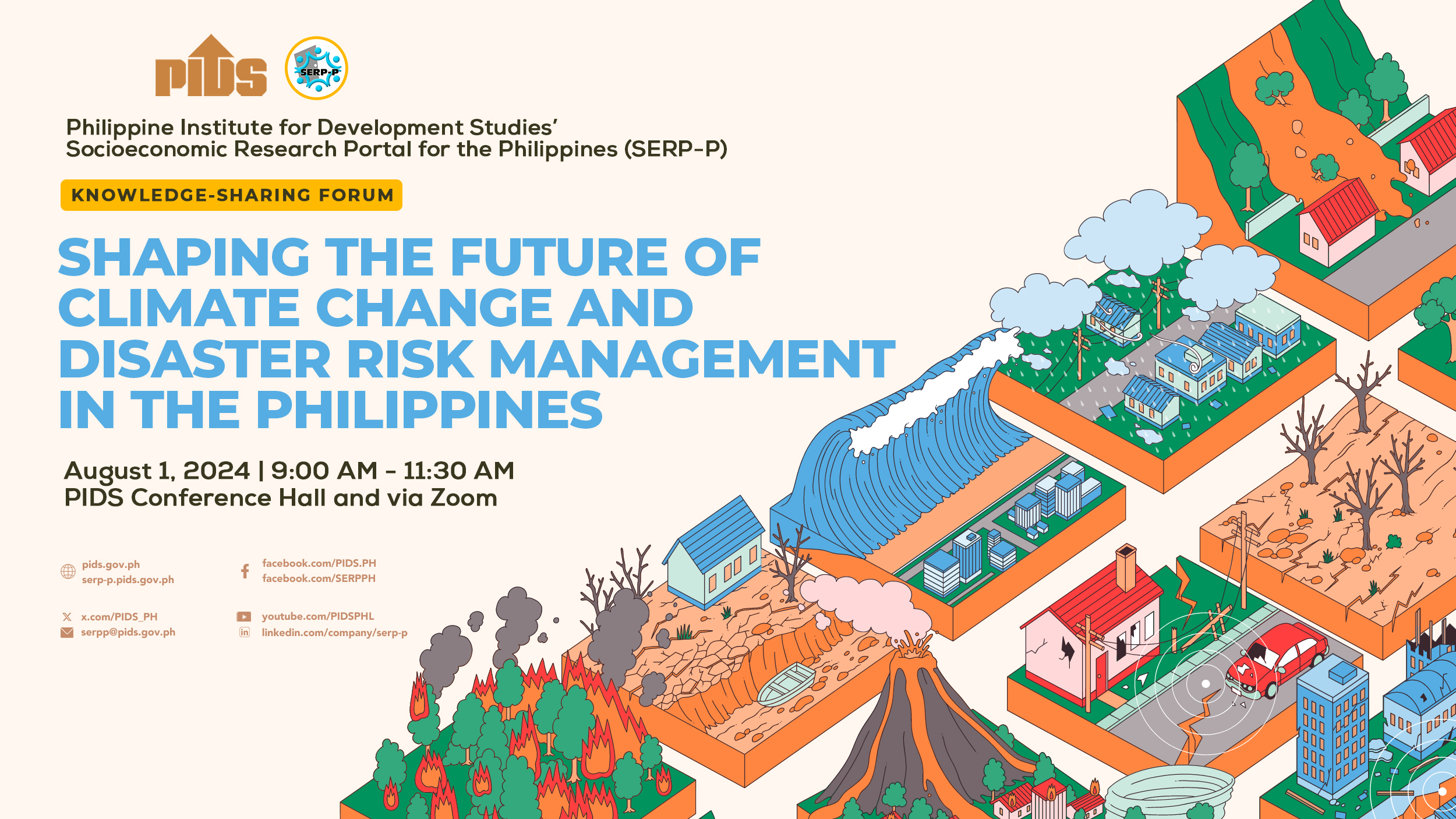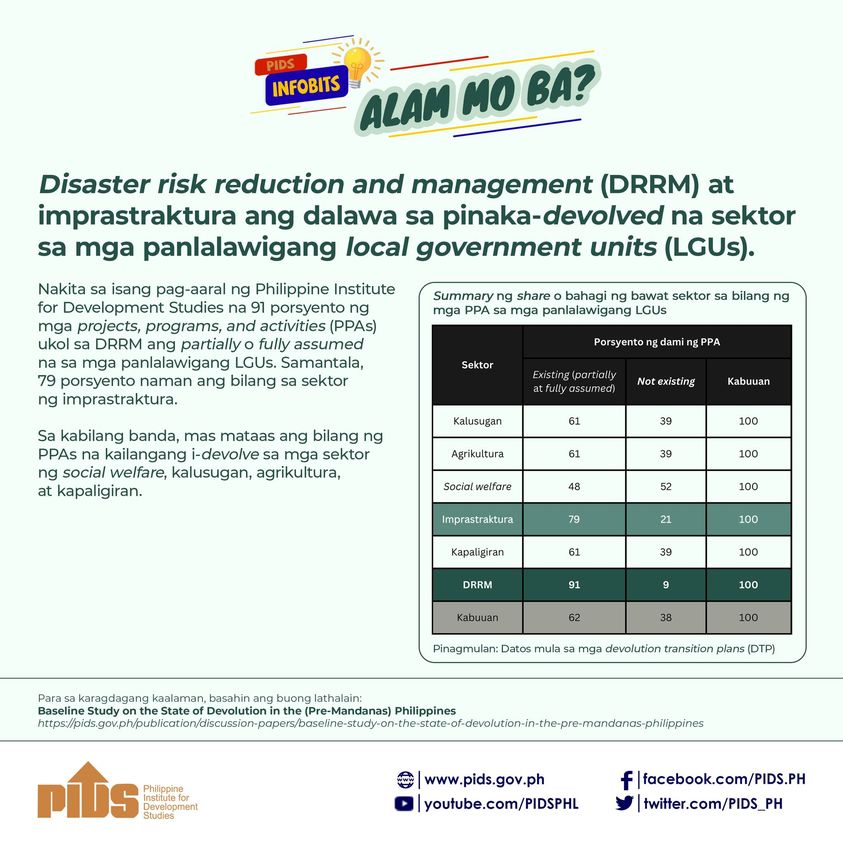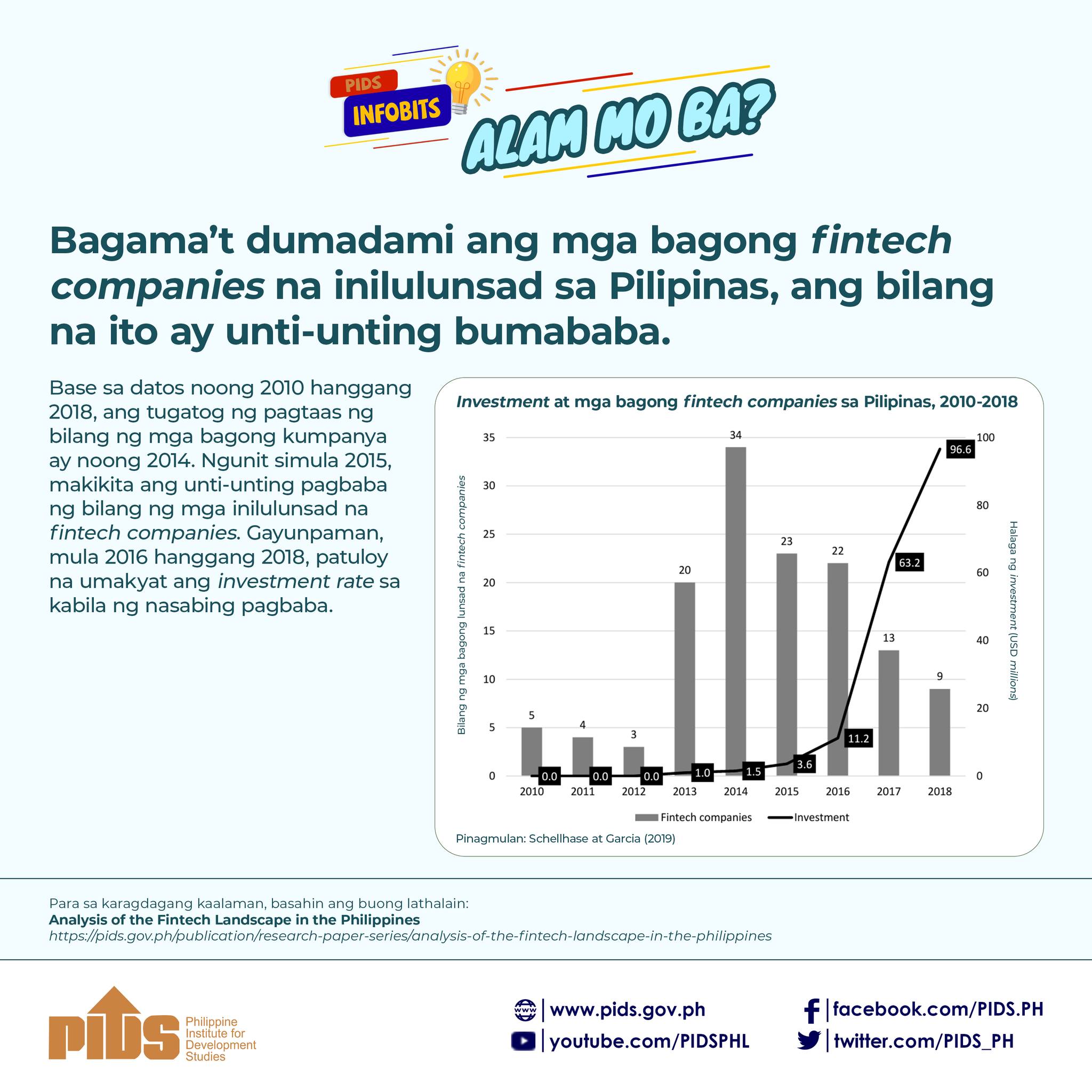Investing on disaster response and preparation must become a priority to prevent any negative impact on the country’s economic growth and erosion of development gains, according to the National Economic and Development Authority (Neda).
In a news statement at the recent Extraordinary Summit of Heads of State and Government of the Group of 77 and China (G77+China), Economic Planning Secretary and Neda Director General Arsenio M. Balisacan said that in line with this, G77+China must push for a revitalized global-policy framework in disaster preparedness and response.
"Without a doubt, natural calamities have become a major consideration in framing our shared goal of sustainability and development. Likewise, the challenges of climate change demand action from all of us, individually and as a group, toward establishing the well-lived society we all want,” Balisacan said.
Balisacan also emphasized that even with the Philippine government’s efforts, natural calamities, with magnitude such as that of Supertyphoon Yolanda (international code name Haiyan), have negated some of the progress it has made and even pulled back development, especially in the affected areas.
A recent study by the state-owned think tank Philippine Institute for Development Studies (PIDS), quoting data from the National Disaster Risk Reduction and Management Council, showed that disasters that hit the country between 1990 and 2006 cost P20 billion a year, or about 0.5 percent of the country's gross domestic product (GDP).
Further, the PIDS study said an average of 20 cyclones visit the country annually, and at least five of these cyclones take great toll on lives and properties. The respective average annual casualty and damage to properties from these events were 593 dead and P4.6 billion over the past 30 years.
"More recently, Tropical Storm Ondoy and Typhoon Pepeng in 2009 caused substantial damages and losses equivalent to about 2.7 percent of the country’s GDP. In 2012 Typhoon Pablo inflicted massive damages in the Southern Philippines, depleting much of the QRF [quick-response funds] and calamity funds of involved executive departments until the succeeding year,” PIDS Supervising Research Specialist Sonny Domingo said in the study titled Quick Response Funds and DRRM Resources in the Department of National Defense and Various Departments.
The G77+China, also celebrating its 50th founding anniversary this year, is the largest intergovernmental organization of developing countries in the United Nations (UN).
The group provides developing countries an avenue to articulate and promote collective economic interests and enhance joint negotiating capacity on all major international economic issues within the UN system.
In September UN Secretary-General Ban Ki-moon will convene a Climate Summit alongside the annual General Assembly meeting. The event is aimed at building on momentum ahead of official talks next year, when world leaders will agree on a legally binding treaty that would cut greenhouse-gas emissions.
"We commit to advance the G77+China’s interest and aspirations in the Post-2015 Development Agenda, particularly in its call to scale up existing commitments to eradicate poverty in all its dimensions, achieve equality of opportunities for all and fight climate change,” Balisacan said.
Also later this year, the UN Framework Convention on Climate Change will meet in Peru in its last official high-level meeting before the negotiations in Paris in 2015.//
Disaster response, preparation key investment areas for government—Neda


